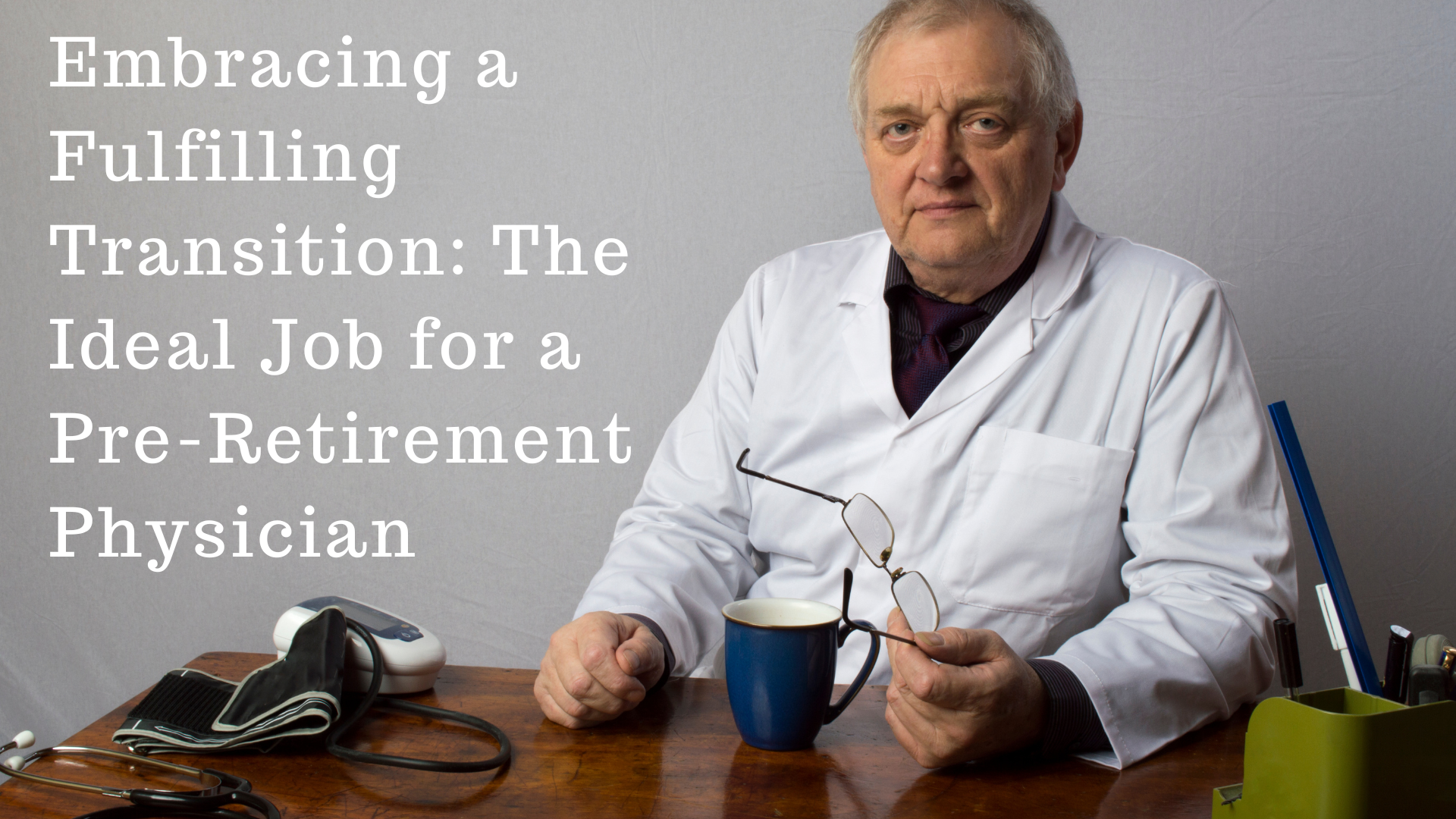
Those of us that elect to pursue a non-clinical career usually do so because we are pulled by the of excitement of doing something new AND pushed towards it by the pain of our current situation.
The push often comes from the frustration with practicing clinical medicine:
- Endless paperwork
- Fear of litigation
- EMRs that add more expense and more waiting with little to show for it
- Non-compliant, entitled patients that blame us for the results of their self-destructive behaviors
- Unreliable employees
- Declining pay
- “Burnout”
There are numerous books and articles written about physician burn-out (for example: Stop Physician Burnout: What to Do When Working Harder Isn't Working. and Remedy for Burnout: 7 Prescriptions Doctors Use to Find Meaning in Medicine ).The above list is just a sampling of some of the factors that contribute to it.
Time to Ditch Clinical Medicine?
These were some of the triggers that supported my decision to plan a transition out of clinical medicine. I developed a plan to learn about administrative medicine and begin the shift.
Early on, I worked as a staff physician at a nearby family planning clinic and an occupational medicine clinic. I later became the medical director for each of the clinics while still working full-time in my family medicine practice.
I joined the American College of Physicians (now known as the American Association of Physician Leadership or AAPL). Subsequently, I began reading its journal and attending its leadership conferences.
Later, I volunteered on CME accreditation committees and served as a CME surveyor for two organizations.
I spent three years working on a master's degree in public health (with concentration in occupational medicine) at the Medical College of Wisconsin.
Positive Reasons to Shift
Along the way, there were interests and attractions pulling me toward a full-time non-clinical position. The top 10 positive reasons that come to mind are:
- I liked to work on long-term projects
- I looked forward to attending and running meetings
- Discussing legal issues and reviewing contracts were interesting to me
- A variety of new challenges energizes me
- The intellectual stimulation of debating complicated challenges invigorates me
- I am intrigued by business issues and enjoyed reading balance sheets and income statements
- Measuring and reporting quality and safety data to peers and hospital board members is fun to me
- I've always had a penchant for writing white papers and quarterly reports
- I enjoyed learning about and implementing process improvement (e.g., Lean Process Improvement)
- Epidemiology and statistics don't perplex me
 Land That Non-Clinical Career
Land That Non-Clinical Career
My choice of non-clinical career was hospital administration, influenced by the writings and teachings of the AAPL. I started as Vice President for Medical Affairs, and over a 15 year career moved to Senior VP and Chief Medical Officer. Other possible hospital executive positions that you might consider include Chief Quality Officer or Chief Medical Information Officer.
There are many other alternatives to clinical practice beyond these. And there is a process to preparing for and embracing each one. It will require some training, leadership experience and possibly formal education.
Next time, I am going to discuss some other non-clinical career paths, and provide some resources for pursuing them.
Do you have questions about a specific type of professional activity? Please leave a comment below.





Leave A Comment
You must be logged in to post a comment.